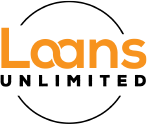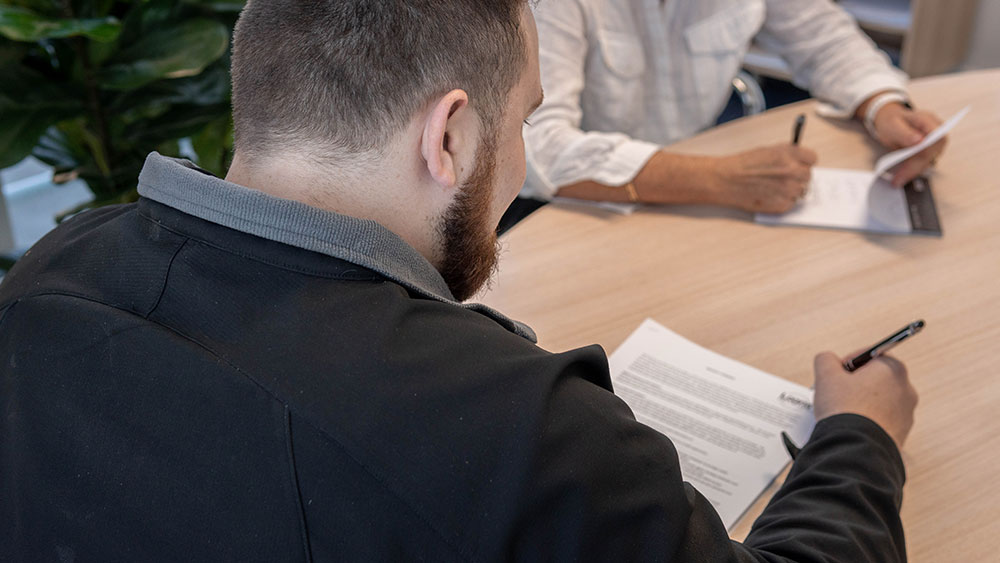When you are strapped for cash, personal loans can be handy. These financial tools are what many people turn to for their emergency requirements. If approved, you can use the loan to recover from an inevitable financial crisis.
Perhaps you have a significant event coming up, and you need extra funds. Maybe you just want to go on a holiday or even renovate your home. You can apply for a personal loan and take care of the upcoming expenditure.
There are many other types of loans. However, they may not cover the purchases that you want to pay for. An example is a car loan, which is not useful if you need money for your wedding.
How Do Personal Loans Work?
Personal loans are unsecured. It means a borrower does not have to provide any form of security, such as a car or house. Because of this characteristic, it is vital to bear in mind that interest rates can be slightly higher.
But what is great about a personal loan is that it is unlike many loans. Typically, others are earmarked for individual purchases. For instance, when you want to buy a house, you need a mortgage loan. When you need to pay for college, you go for a student loan.
With a personal loan, you can buy or pay for just about anything. Of course, some lenders will require you to provide the reason why you need the loan. However, there is nothing for you to worry about as long as you use the money for legal and responsible purposes.
As mentioned, personal loans do not require security. But if you do not want to pay for higher interest rates, you can choose a secured personal loan. You will need to provide collateral, however.

What Can You Use the Loan For?
There are several circumstances when a personal loan can be an excellent solution. Since there is virtually no limit to how you use the funds, you get to decide what you want to do with the borrowed money.
Keep in mind that the money is not yours, so you have to pay it back. With that said, here are some situations where you can benefit from a personal loan:
-
Consolidating Debt
Many credit cardholders take out a personal loan to pay for their existing debt. If you have at least one credit card that is maxed out, you know the pain of paying high-interest rates. You can use a personal loan to consolidate the charges. Then, you can pay off the credit card into a single payment.
Although personal loans can have a higher interest rate than a secured auto loan, for instance, they often cost less than the annual percentage rates of credit cards.
This use applies to other types of debt you may have.
-
Student Loan Refinancing
You can also go for a personal loan when you need some financial relief off of your student loans. Australia has several programs that help assist students, which is why the country is considered one of the most generous to learners in the world. Students can afford their education and later repay them once they graduate or at least have a job.
However, repayments can be difficult. You can use a personal loan, which has a lower interest rate. This way, you can pay off the student loan faster.
-
Financing Purchases
You can buy anything you want or need. Of course, you have to be smart here. If you take out a loan to purchase a “want,” you may be better off paying the seller in cash. But if you do not have the money right now and you do not wish to wait, a loan may suffice. In most cases, it is better to apply for a loan than to use a high-interest credit card.
-
Improving Credit
Many people may not think of borrowing cash to benefit from the record. However, it is one of the best tactics to prove your trustworthiness as a borrower. As you continue to pay off your personal loans on time and in the correct amount, you are establishing your credibility. In the future, it will not be difficult to get a loan, even from certain banks with strict requirements.
Also, if you already have a bad reputation because of your late repayments, you can use the opportunity to repair your credit history. This time, make sure you always pay on time.
Different Types of Personal Loans
Personal loans are among the most flexible types of loans. You can find various options, including:
- Secured: When a personal loan is secured, it means you need to provide collateral, such as a house or car. Most banks have this requirement before you can take out a personal loan. The benefit here, though is that a secured loan has lower interest rates.
- Unsecured: if you do not want to worry yourself about collateral, you can opt for an unsecured loan instead. You do not need to offer an asset. Even if you default on the loan, the lender cannot claim any of your possessions. However, the rates are high because of the involved risk. Also, the lender may require you to volunteer a guarantor, especially if it is your first time to get a loan.
- Line of Credit: Also known as an overdraft, this personal loan type is for those who need funds because of an emergency. You can overdraw your account to an amount that the bank has approved. The good thing about a line of credit is that you are only charged interest on the funds you used, not on the amount you can borrow.
- Fixed-Rate Personal Loan: As the name suggests, when the loan’s interest rate does not change, it is called a fixed-rate loan. The rate will remain from the beginning until you have fully repaid the amount you owe.
- Variable Rate Personal Loan: This type pertains to the interest rate that can change anytime.
Many consumers immediately think that a fixed-rate loan is better than a variable loan. Both actually have their pros and cons. If you do not want to get stressed over the fluctuating rates, you can choose a fixed-rate loan. Meanwhile, if you want a chance to take advantage of lower fees and rates, a variable rate loan may be the right option for you.

How to Apply for a Personal Loan
The process is pretty much the same with other loans. You choose the lender and the loan product. Then, you can apply for the loan by sending the required documents. Often, you will need to provide the following:
- Proof of identification, such as your driver’s licence, passport, or a utility bill with your home address
- Loan or credit card statements from other lenders or banks
- Proof of income, such as your most recent payslips and bank statements
- References, such as your landlord
Before you apply, however, be sure to improve your chances of getting approved. There are a few ways, such as:
- Guaranteeing your creditworthiness by providing your financial situation and proof of employment
- Going for the right amount and considering your repayment capabilities
- Showing your positive credit history
Your eligibility matters. Many applicants know that personal loans are not as strict as other loan types. You can even use the money however you wish. But you must understand the requirements of the loan.
Before applying, you may want to check your credit history first. Some lenders immediately look at the credit and repayment history. For instance, if you have other loans that you recently defaulted, it will surely not help you get approved.
Lenders are everywhere, especially with the power of the Internet. You can strike a deal with a bank or credit union. You can also talk to a specific lender that may be willing to provide you with attractive rates.
If you cannot seem to find the right personal loan provider, Loans Unlimited is here to assist you. We have a network of lenders, so it is highly likely that you will get the loan you require. If you want to learn more, just contact us.



